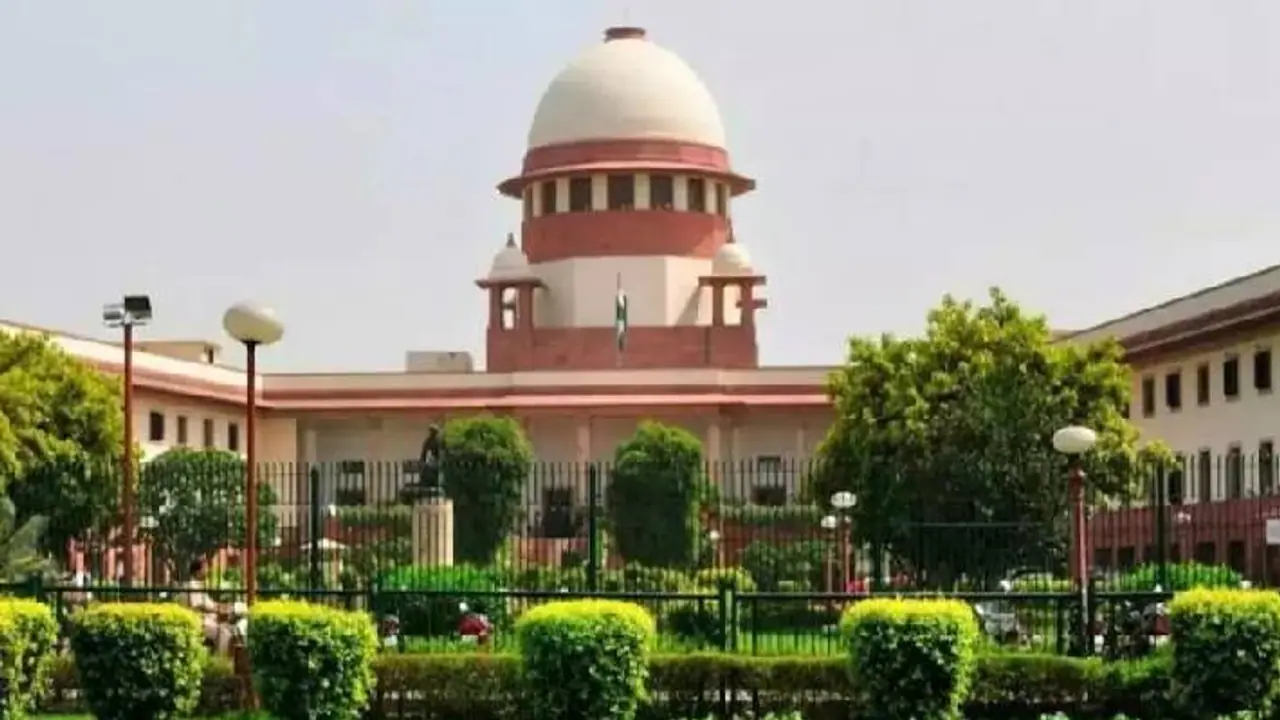Kerala government moved the Supreme Court seeking a stay on the Citizenship Amendment Act (CAA). The Modi-led BJP government notified the law on March 11 for granting citizenship to persecuted minorities from Pakistan, Bangladesh, and Afghanistan.
The Kerala government filed a plea in the Supreme Court seeking a stay on the implementation of the Citizenship (Amendment) Rules, 2024, contending it was discriminatory, arbitrary and contravened the principles of secularism. Describing the CAA Rules as 'unconstitutional', the state government criticized the classifications based on religion and country, labeling them discriminatory, arbitrary, and unreasonable. It asserted that such classifications violated the principles of secularism.

Why is CAA not applicable for Muslims? Amit Shah explains (WATCH)
“The fact that the defendant (Union) itself has no urgency in the implementation of the 2019 Act is a sufficient cause for staying the 2024 rules,” the plea said.
The Kerala government, which had previously filed an original suit contesting the validity of the Citizenship Amendment Act (CAA), argued that the Act and its accompanying Rules and Orders lacked any standard principle or norm. It criticized the discriminatory treatment of migrants from countries like Sri Lanka, Myanmar, and Bhutan, which share international borders with India and have witnessed trans-border migration.
Asserting that the CAA was "arbitrary", Kerala argued that the Rules constituted "class legislation" by expediting the process of granting Indian citizenship to members of the Hindu, Sikh, Buddhist, Jain, Parsi, or Christian communities who entered India on or before December 31, 2014, from Afghanistan, Bangladesh, or Pakistan.
“Classifications based on religion and country are manifestly discriminatory. It is trite and settled law that a legislation discriminating based on an intrinsic and core trait of an individual cannot form a reasonable classification based on an intelligible differentia,” the plea said.
The Supreme Court will take up all pending petitions for staying the CAA on March 19.
Prime Minister Narendra Modi's government on Monday (March 11) notified the Citizenship Amendment Act (CAA). Enacted in December 2019 and enforced on January 10, 2020, the legislation has been at the centre of intense debate and protests. Since its inception, the CAA has encountered significant opposition, with critics deeming it discriminatory and advocating for its repeal.
This move opens the pathway for granting citizenship to persecuted minorities from Pakistan, Bangladesh, and Afghanistan, according to officials. With the issuance of the CAA rules, the Modi government will commence the process of granting Indian nationality to persecuted non-Muslim migrants from Bangladesh, Pakistan, and Afghanistan who arrived in India until December 31, 2014. This category includes Hindus, Sikhs, Jains, Buddhists, Parsis, and Christians.
